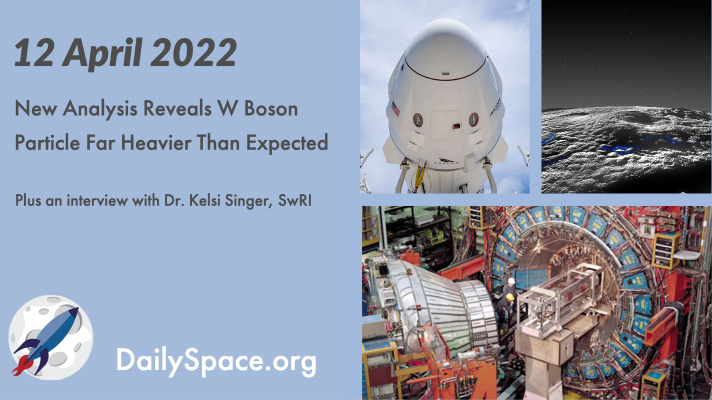
Apr 13, 2022 | Cosmology, Crewed Space, Daily Space, Earth, Galaxies, Guest Interview, JWST, Physics, Pluto & Charon, Rockets, SpaceX
Despite being shut down a decade ago, the Collider Detector at Fermilab provided enormous amounts of data, some of which have recently been re-analyzed, leading to the discovery that the W boson is actually more massive than calculations and predictions expected. Plus, another JWST update, the newest most distant galaxy, gravitational waves, and an interview with Dr. Kelsi Singer about cryovolcanoes on Pluto.
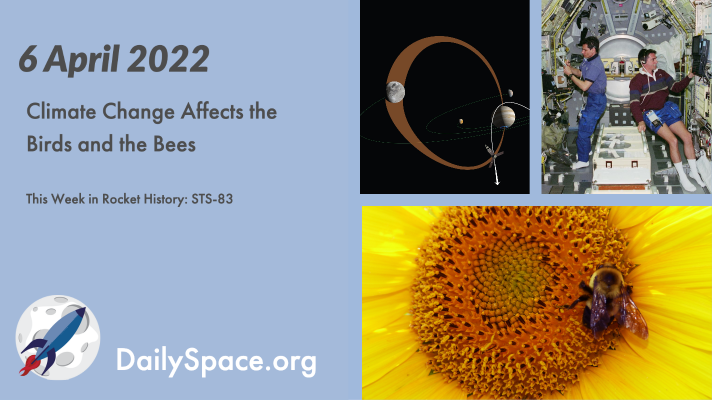
Apr 7, 2022 | Climate Change, Crewed Space, Daily Space, Earth, Jupiter, Moon, Random Space Fact, Science, Space History
From plastics invading the Arctic Ocean to the changing morphology of birds in response to rising temperatures and the problems with pathogens killing off pollinators like bees, we examine some of the effects of climate change on Earth’s ecosystems. Plus, Ganymede, moonlight, solar cells, and this week in rocket history, we look back at STS-83.
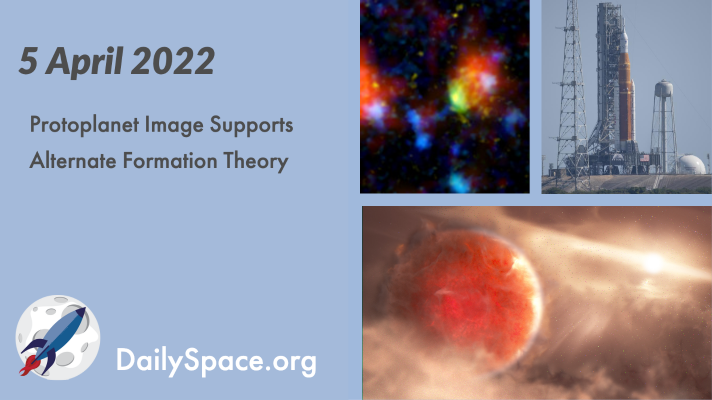
Apr 6, 2022 | Active Galaxies, Artemis, Crewed Space, Daily Space, Exoplanets, Galaxies, Jupiter, JWST, Rocket Lab, Rockets, Spacecraft, SpaceX, Stars
In a joint discovery announced by the Subaru and Hubble telescopes, researchers have captured images of a gas giant protoplanet whose distant formation supports the disk instability theory. Plus, galaxies, more galaxies, a couple of rocket launches, and updates on JWST and SLS.
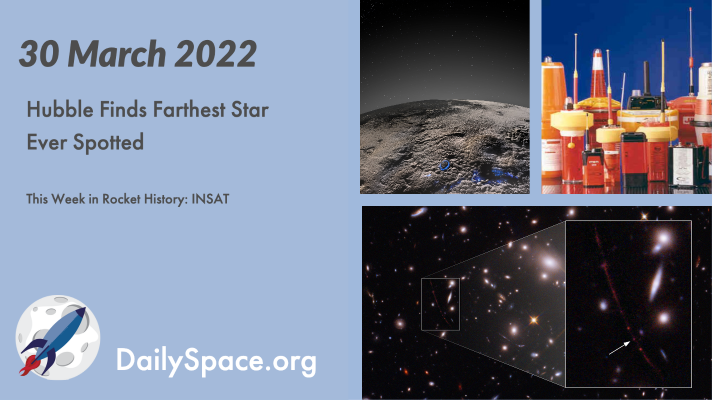
Mar 31, 2022 | Blue Origin, Climate Change, Crewed Space, Daily Space, Earth, Pluto & Charon, Rockets, Space China, Space History, Spacecraft, Stars
Researchers pouring through high-resolution Hubble images of galaxy clusters have found the gravitationally magnified light of a star that was shining just four billion years after the Big Bang, making this bright star the new record holder for the farthest ever spotted. Plus, some launches, ice volcanoes on Pluto, melting Arctic ice, and this week in rocket history, we look back at INSAT.
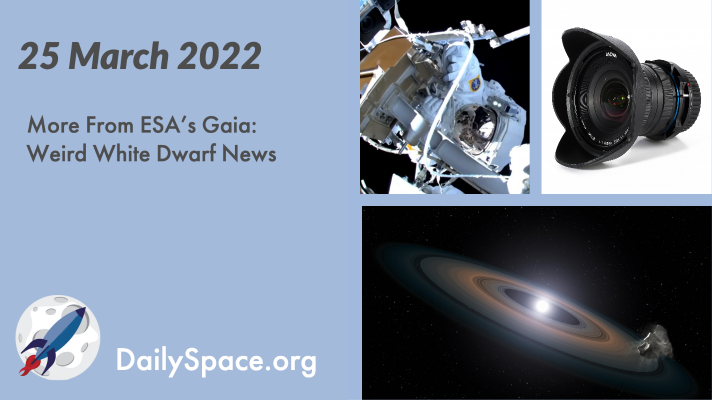
Mar 28, 2022 | Cosmology, Crewed Space, Daily Space, ESA, JAXA, Review, ROSCOSMOS, Spacecraft, White Dwarfs
Researchers use data from ESA’s Gaia telescope to discover that white dwarf stars have two different distributions both in how they move and how bright they shine. Plus, all the International Space Station news, simulated JWST observations, and a review of a macro lens from Venus Optics.
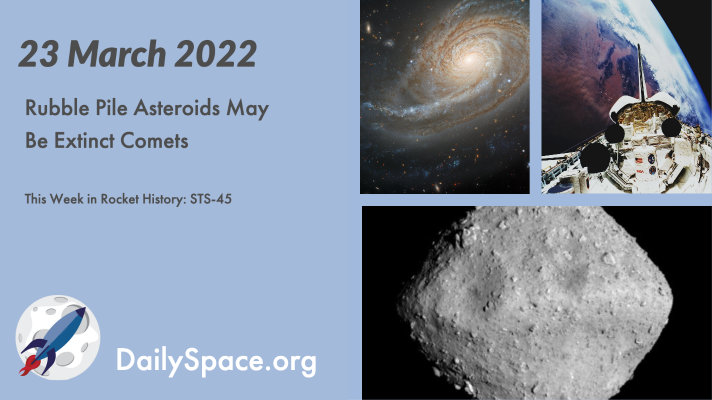
Mar 24, 2022 | Asteroids, Cassini, Crewed Space, Daily Space, Galaxies, Gemini North, JAXA, Random Space Fact, Rockets, Saturn, Science, Space History, Spacecraft
After detecting high levels of organic matter using remote sensors at the asteroid Ryugu, numerical models show that it’s possible that rubble pile asteroids are actually extinct comets. Plus, the Cosmic Optical Background, Enceladus’s tiger stripes, and this week in rocket history, we look back at STS-45.








 We record most shows live, on Twitch. Follow us today to get alerts when we go live.
We record most shows live, on Twitch. Follow us today to get alerts when we go live.